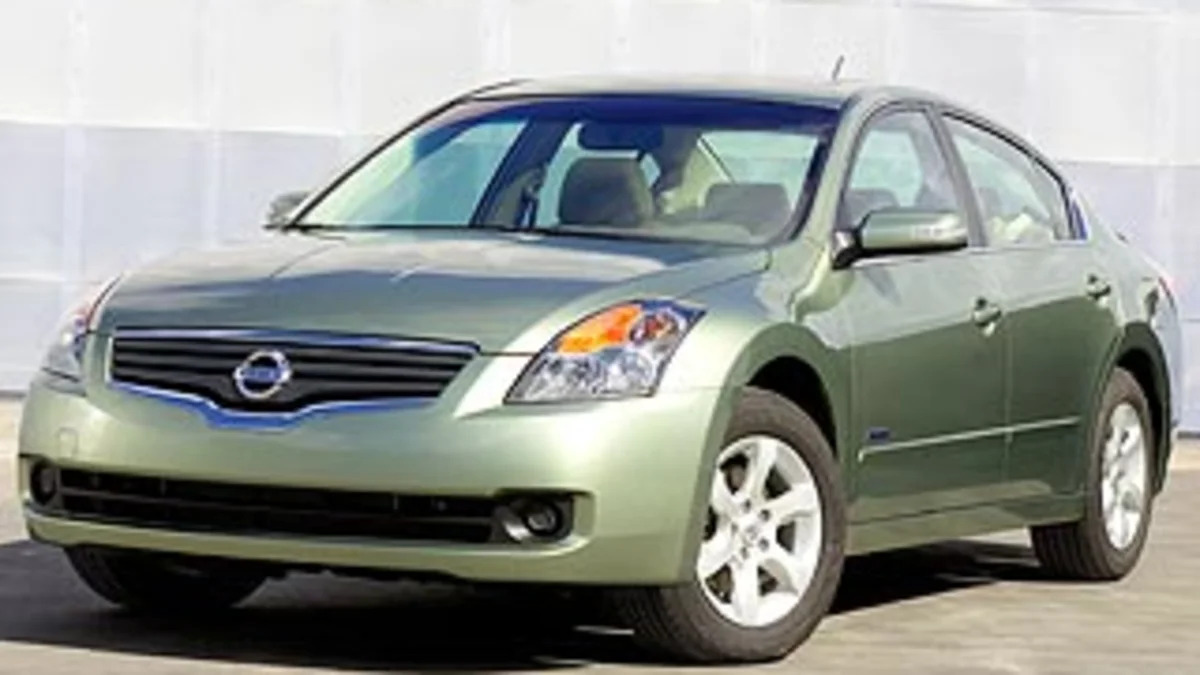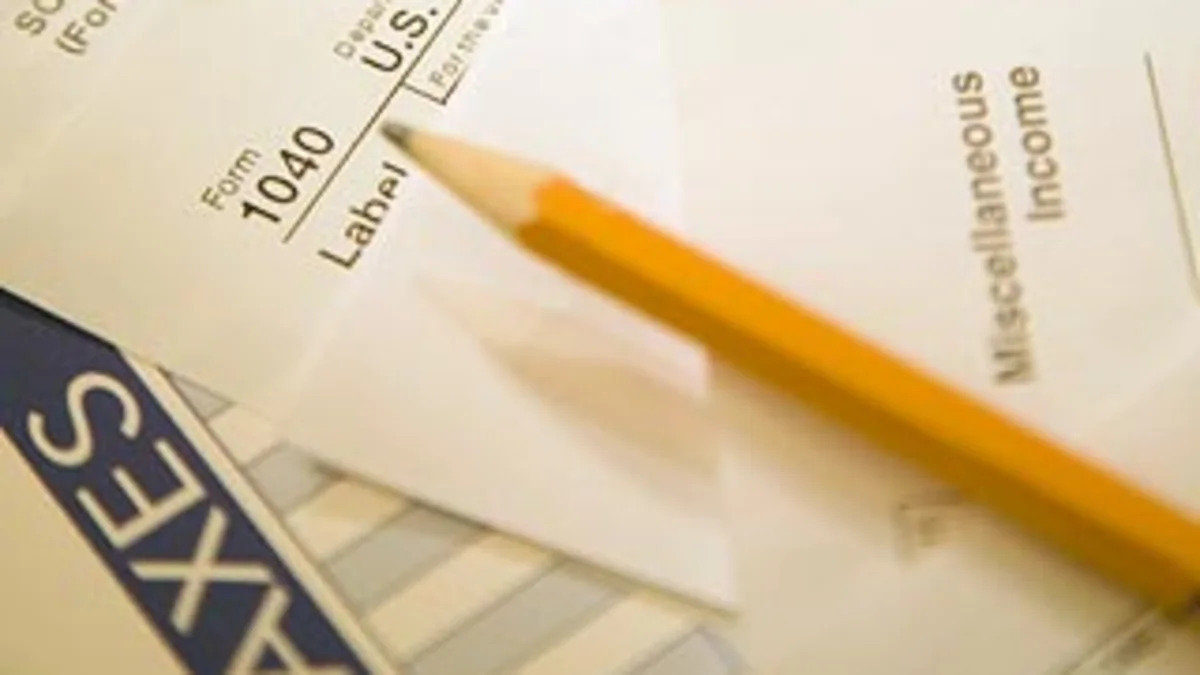5 reasons why hybrids make sense

-

- Image Credit: Nissan
Why Hybrids Make Sense: When Gas is Expensive
Since hybrids cost more than "normal" cars with traditional gasoline engines, there's a hybrid price penalty that you should consider. In some cases this premium can be a few thousand dollars, but in others the price can be much higher. For example, the Nissan Altima hybrid and the normal Nissan Hybrid have a price difference of $6880. This means that, with gas currently at 2.64, you'd need to drive it for 22 years (we're not kidding) at a pace of 15,000 miles/year before you started recouping the cost benefit of the fuel mileage increase. Of course, if gas keeps edging up toward (and past) $4.00/gallon, your ability to recoup these costs is closer within reach.
Lesson learned: Hybrids make more financial sense when gas is more expensive.
-
- Image Credit: Getty Images
Why Hybrids Make Sense: When You're Driving a Clunker
The reality is that it's much more effective from an environmental perspective if you trade up from a low-mileage car or truck or SUV to a hybrid than, say, moving from a normal sedan to hybrid. In part this is due to the law of small numbers: it's much easier to "double" your mileage when you start with something that gets only 12-15 MPG. If you're currently driving a sedan that gets about 30 mpg on the highway and 25 mpg in the city, there are few hybrid vehicles that will allow you to make a leap to double your mileage.
Lesson learned: Hybrids give drivers significant fuel-saving benefits, but the real differences are found when someone trades up from a gas guzzler.
-
- Image Credit: Getty Images
Why Hybrids Make Sense: You're A City Driver
Hybrids find a lot of fuel and C02 savings in the city, where they can take advantage of their stop-start systems at stop lights and also run the vehicle under pure electric power for blocks at a time. If you're a highway driver, that same hybrid will more or less act like a regular old traditional car if you're hauling down an interstate for the majority of your commute. The Toyota Prius, for example, has better fuel economy within the city than on the highway.
Lesson learned: Pay attention to your driving habits before purchasing.
-
- Image Credit: Corbis
Why Hybrids Make Sense: You're Just Green, Baby
We recall a chance encounter with Marco, our Italian buddy during our semester-abroad salad days. While the Italian stallion was no gentleman at the pub, he made a point of never jaywalking on the streets of Florence when a child was around. "I am a good example," said our friend, a lit Marlboro hanging from his lips. We often think about hybrid drivers the same way: sometimes it's just a good thing to lead by example and hybrid drivers find a lot of value in showing their good deeds to the world. This isn't a bad thing. Just don't smoke.
Lesson learned: For many people the value of hybrid driving is more than the fuel economy.
-
- Image Credit: Getty Images
Why Hybrids Make Sense: You're In Good With Uncle Sam
Hybrids are eligible for a tax credit through the U.S. government (it should be noted that so are diesels, a good counter argument to the hybrid angle). Hybrids purchased before the end of 2005 were good for a $3,400 credit, but that number phases down once a manufacturer sells over 60,000 units of each. So, don't plan on getting that for a Prius (there is no credit). But that doesn't mean tax rebates aren't available; for example, a Ford Escape 2WD hybrid gets a $750 tax credit before March of 2010.
Lesson learned: Tax credits aren't what they used to be, but they don't hurt.



